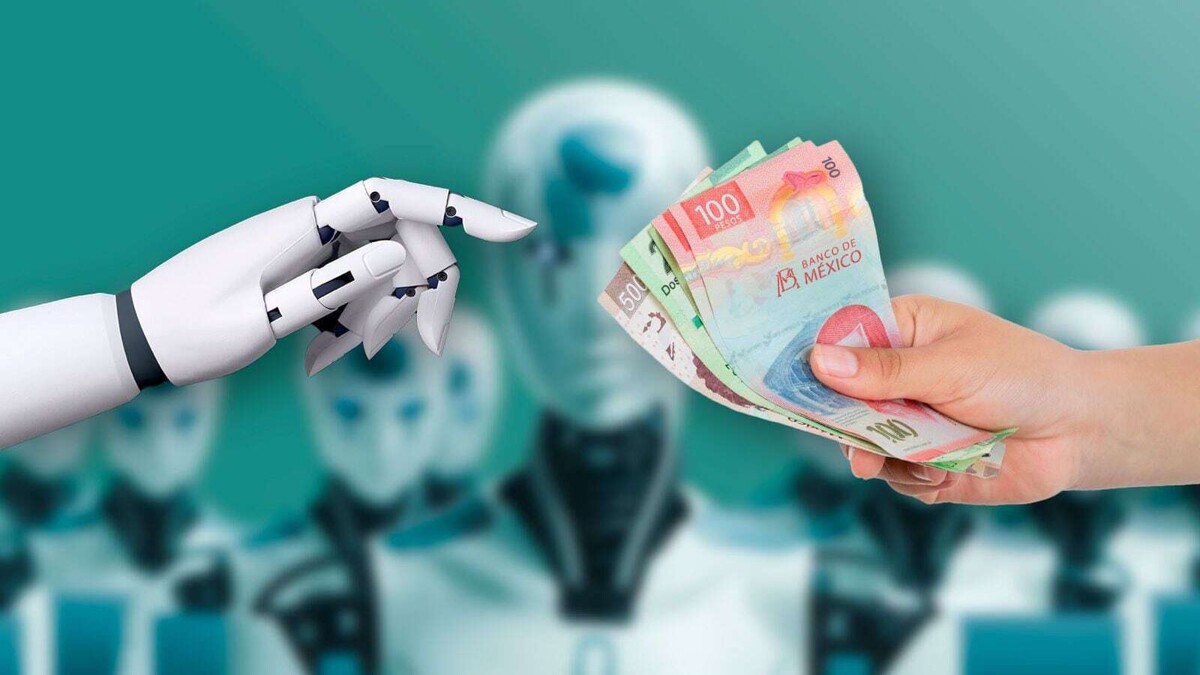
The visionary Elon Musk has shared his ambitious plans in the field of robotics with prominent companies such as Unitree Robotics and Figure AI. Musk envisions a future where by the year 2040 there will be around 10 billion robots compared to approximately 8 billion people on the planet.
Musk announced that Tesla's Optimus line of robots will have a price ranging from 400,000 to 600,000 pesos, figures that could be paid in 48 monthly installments starting around 9,000 pesos, financed with bank loans similar to those used for purchasing vehicles from the brand.
Competition in the robot market is intensifying with the presence of companies such as Meta and Boston Dynamics, the latter famous for its dog-like robots called Spot, which cost around 1.5 million pesos. Xiaomi has introduced the humanoid robot CyberOne with initial uses in smart manufacturing, while Apple is also exploring technologies related to domestic robots.
The company Figure AI, based in Sunnyvale, California, has established a strategic alliance to mass-produce robots intended for commercial and domestic use. These robots aim to offer a wide range of services, from cleaning the house and monitoring at night to more sophisticated tasks like washing cars and feeding pets.
In this context, Elon Musk has reconsidered his approach to robot implementation, choosing to rehire more humans. Companies like Ubtech, based in Shenzhen, China, are also joining the robotics race, focusing on manufacturing robots for various purposes and planning to start deliveries this year.
The advancement of robotics becomes crucial in a global context where the population is declining due to decreasing fertility rates. Companies like Tesla are working on transforming their vehicles into robots with autonomous capabilities, while others like Meta (owner of Facebook) are heavily investing in humanoid robots for domestic tasks, with significant production plans in the short term.
Progress in robotics is also coming from Google DeepMind, whose advancements in systems that enhance robots' dexterity to perform complex activities are remarkable. The era of robots capable of performing tasks that were once exclusive to humans is rapidly approaching, raising questions about the future of work and coexistence with these new technologies. This is a scenario that Mexicans will soon face, joining a global landscape where robotic technology is becoming an increasingly relevant protagonist.














